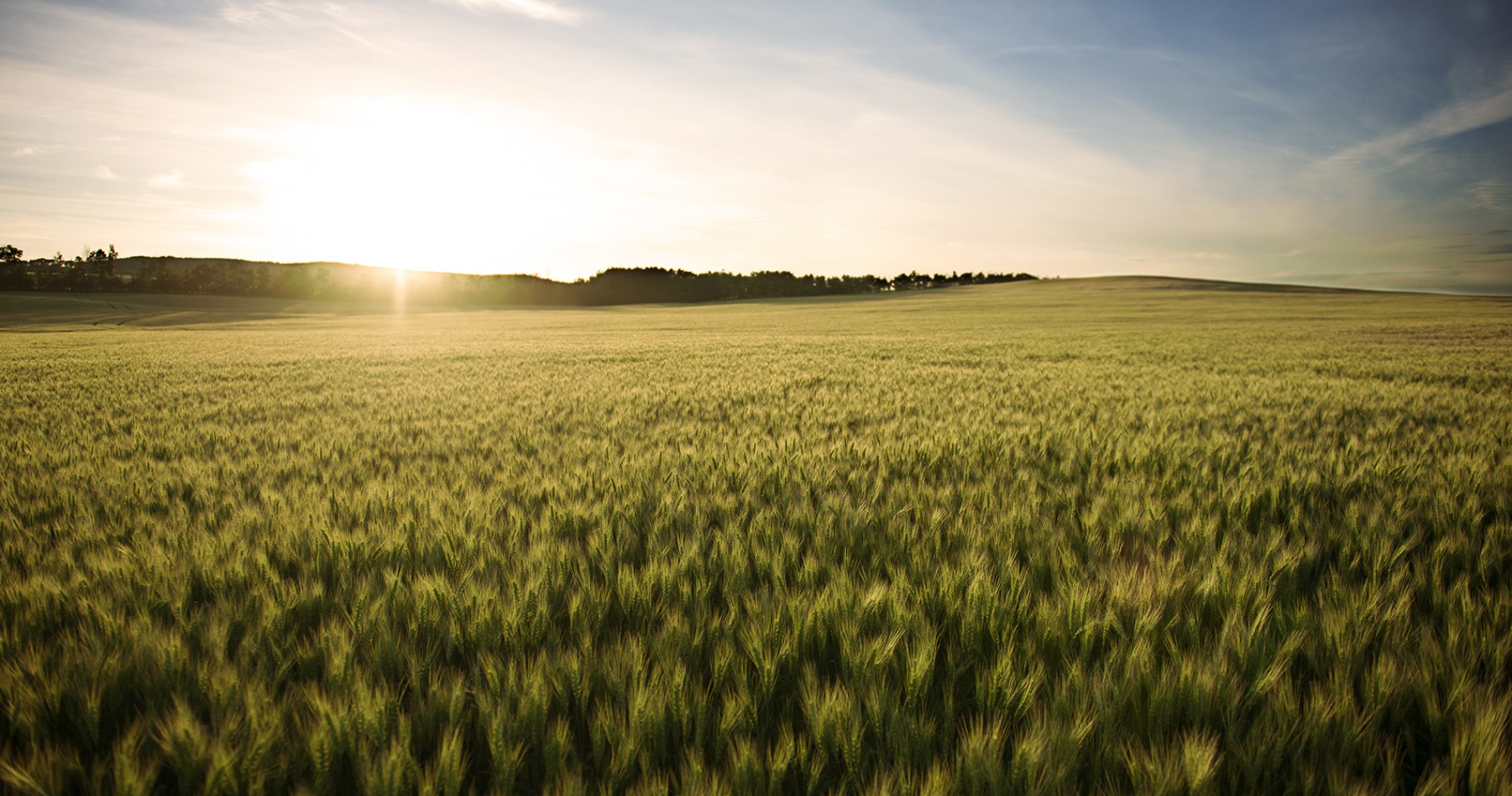Irrigation, agronomy and research offers resources to drought
Drought has been a problem for southern Alberta farmers. According to the Alberta Water Portal, recent drought seasons include 2002-2003, 2009-2010, 2015-2016, 2021-2022 and 2023.
The question on every Albertan’s mind: When will it end? Alberta irrigation farmer and Region 1 Director Dave Bishop is no stranger to the unpredictable Alberta weather conditions, “it’s one thing that we don’t control.”
Farming out of Barons, Bishop’s read on the current season is cautious. “We know this is dry. This is not unusual, but it’s too early to say for sure. We still have lots of time to get moisture before spring seeding, but we will need some rain because the subsoil moisture is low.”
Luckily, Canadian farmers have adapted to dry conditions and have developed various strategies to mitigate the situation including crop diversification, water management, conservation tillage, crop rotation and improved genetic breeding.
Implementation of these techniques allows Alberta farmers to improve the resilience of their agriculture systems throughout drought and minimize the negative impact on crop yields.
Bishop detailed how southern Alberta’s biggest worry is irrigation, and he highlights the lack of snow pack.
According to Bishop, traditionally heavy snowfalls don’t arrive until April – which will provide some time to build it up in the mountains as our reservoirs are too low for irrigation.
Moreover, he said the drought “affects municipalities — the processing that happens with our products like potatoes and corn in the agriculture belt that runs between Lethbridge and Taber.”
One possible solution to dealing with drought is Alberta Grains.
Bishop noted that Alberta Grains has several talented people who know their way around agronomy.
For example, he pointed out that Alberta Grains currently uses its agronomic resources, led by Jeremy Boychyn, Agronomy & Extension Director with Alberta Grains, to develop farm-ready research protocols that farmers can implement in their own operations.
“Field scale, on-farm research is vital to advancing on-farm agronomic knowledge and can add further understanding to how particular management practices impact crop quality and yield on each farm,” said Boychyn.
Alberta Grains agronomists such as Boychyn and Ruoxi Xia play a critical role in providing farmers with up-to-date information to help make management decisions for their cropping system, enabling them to make the best decisions on their farm.
Agronomy is crucial in crop production, soil management, research and development, environmental conservation and extension and education. Bishop says that research is vital in preparing for the upcoming planting season. “There is interesting data led by our research side — including drought-resistant strains of wheat and barley that are being looked at — as we try to make our plants more efficient by using nitrogen,” he said.
Bishop specializes in irrigation using pressurized pipelines from the Lethbridge Northern Irrigation District. Overall, irrigation plays a significant role in enhancing agricultural productivity, sustainability and economic resilience in Alberta.
“We had the opportunity to invest in irrigation in the 80s,” he said.
One third of Bishop’s farmland is irrigated and uses variable- rate irrigation, moisture sensors, high-efficiency nozzles, and various crop rotations.
“We’re trying to be as sustainable as we can, because the fact is that this land is going to get turned over to one of my sons down the road. Our goal is to make it better than when we took it over. And their goal will be to make it better when they pass it on.”


